- Who We Are
- Topics
- By Subject Area
- dummy
- By Level
- Projects
- Projects Column 1
- Agency by Design
- Aligned Programs for the 21st Century
- Artful Thinking
- Arts as Civic Commons
- Causal Learning Projects
- Center for Digital Thriving
- Citizen-Learners: A 21st Century Curriculum and Professional Development Framework
- Creando Comunidades de Indagación (Creating Communities of Inquiry)
- Creating Communities of Innovation
- Cultivating Creative & Civic Capacities
- Cultures of Thinking
- EcoLEARN Projects
- Educating with Digital Dilemmas
- Envisioning Innovation in Education
- Global Children
- Growing Up to Shape Our Place in the World
- Projects Column 2
- Higher Education in the 21st Century
- HipHopEX
- Humanities and the Liberal Arts Assessment (HULA)
- Idea Into Action
- Implementation of The Good Project Lesson Plans
- Inspiring Agents of Change
- Interdisciplinary & Global Studies
- Investigating Impacts of Educational Experiences
- JusticexDesign
- Leadership Education and Playful Pedagogy (LEaPP)
- Leading Learning that Matters
- Learning Innovations Laboratory
- Learning Outside-In
- Making Ethics Central to the College Experience
- Making Learning Visible
- Multiple Intelligences
- Navigating Workplace Changes
- Next Level Lab
- Projects Column 3
- Out of Eden Learn
- Pedagogy of Play
- Reimagining Digital Well-being
- Re-imagining Migration
- ROUNDS
- Signature Pedagogies in Global Education
- Talking With Artists Who Teach
- Teaching for Understanding
- The Good Project
- The Studio Thinking Project
- The World in DC
- Transformative Repair
- Visible Thinking
- Witness Tree: Ambassador for Life in a Changing Environment
- View All Projects
- Projects Column 1
- Resources
- Professional Development
Assessment, evaluation, and documentation are essential to any teaching and learning process, and the way learning is documented and assessed directly influences what gets taught. Our re-imagination of assessment involves a number of “shifts” from traditional notions: assessment of process as well as product (when, what); teachers and students as protagonists in the assessment process (who); assessment driven by the most important goals we hold for students, whether numbers capture them or not (why); and assessment as a collective and relationship-building process (how, where).
BIG QUESTIONS
-
What does learning look like?
-
How can we reimagine assessment as a pivotal moment of learning?
-
What are the characteristics of authentic or “effective” assessment?
-
How do we know if, what, and how students understand?
PZ PERSPECTIVES
-
Assessment is an episode of learning.
-
Schools spend too much time judging children and not enough time trying to help them.
-
Human beings differ from one another and there is absolutely no reason to teach and assess all individuals in an identical way.Students and teachers should be active protagonists in (not passive recipients of) the assessment process.


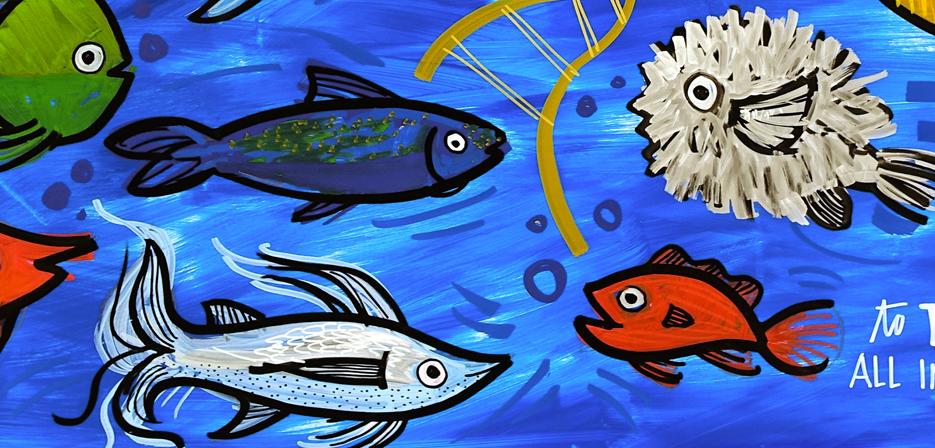
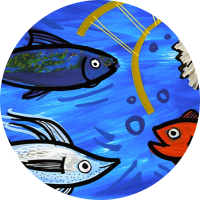
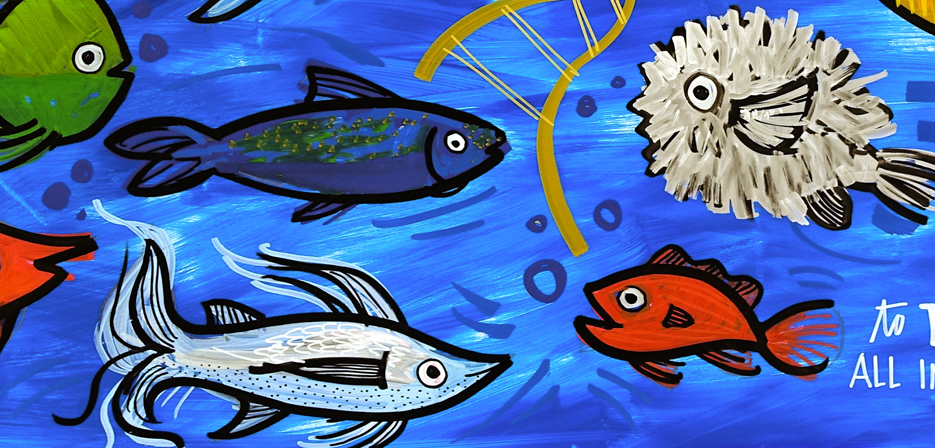
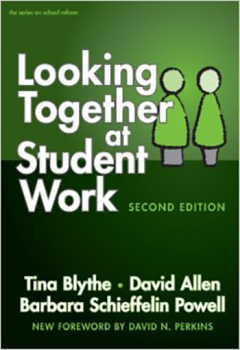
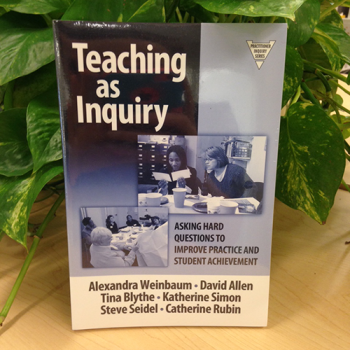
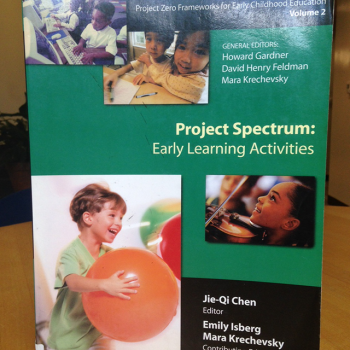
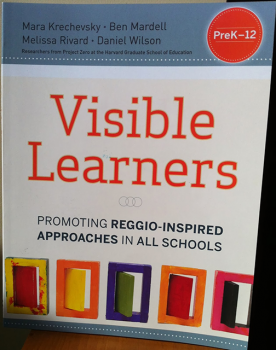
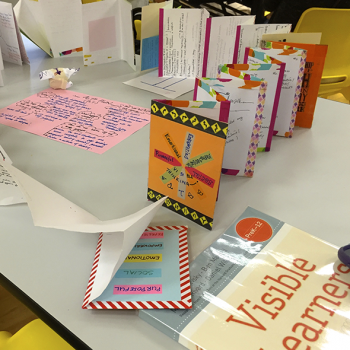
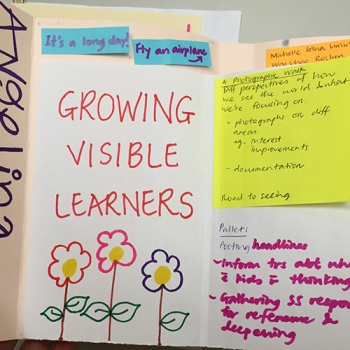
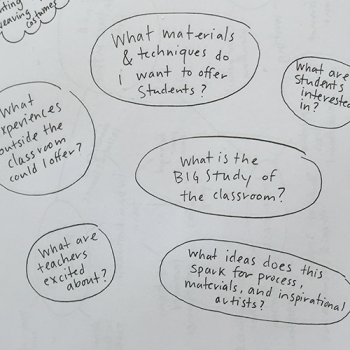
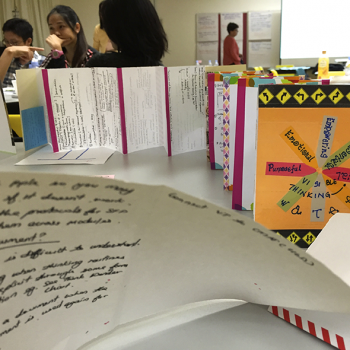


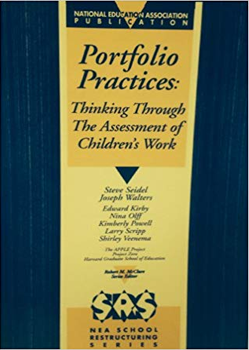
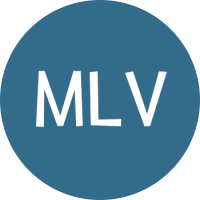
-
-
-
Support PZ's Reach